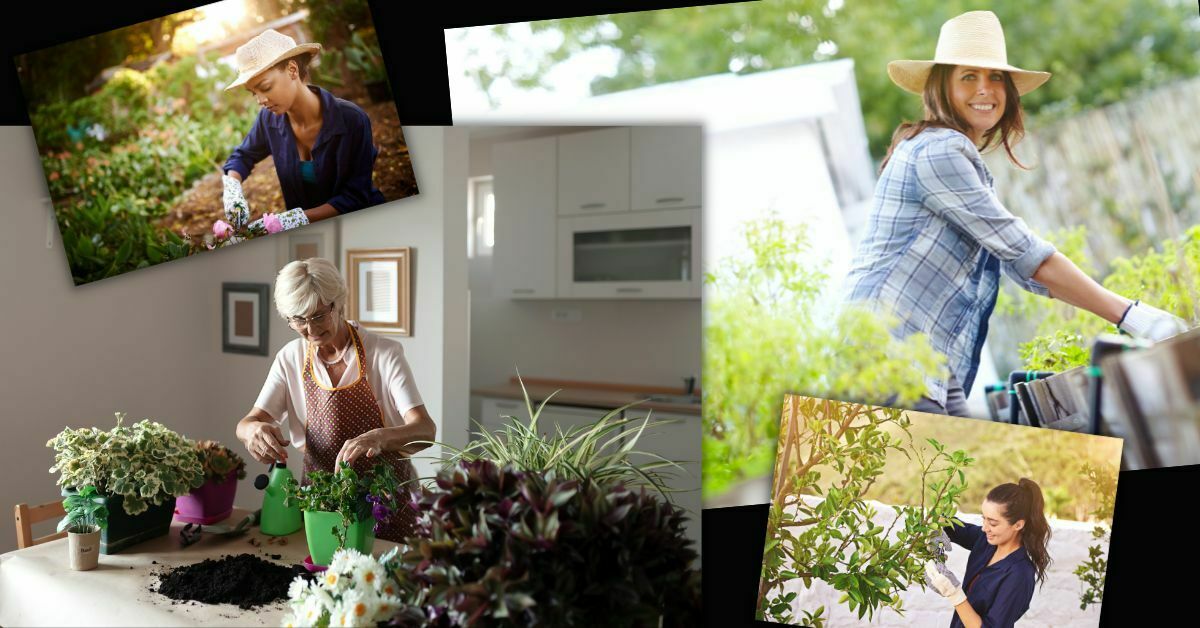Gardening falls into a category of activities that almost everyone is familiar with. Everyone has some basic knowledge about plant cultivation, whether taking care of the house plants or growing vegetables in the outside garden.
Many people go a step further and specialize in other types of gardening, such as herb, water, container, and flower propagation. Gardening appeals to most people since it is calming and fulfilling. Here are the 18 incredible facts that prove gardening is relaxing.
Facts That Prove Gardening Is Relaxing
In studies, gardening has been shown to benefit both the body and the mind. Through relaxation and contentment, it enhances physical and mental health. Most importantly, gardening has long-term health advantages that are derived from engaging with nature.
1. Functional Exercise
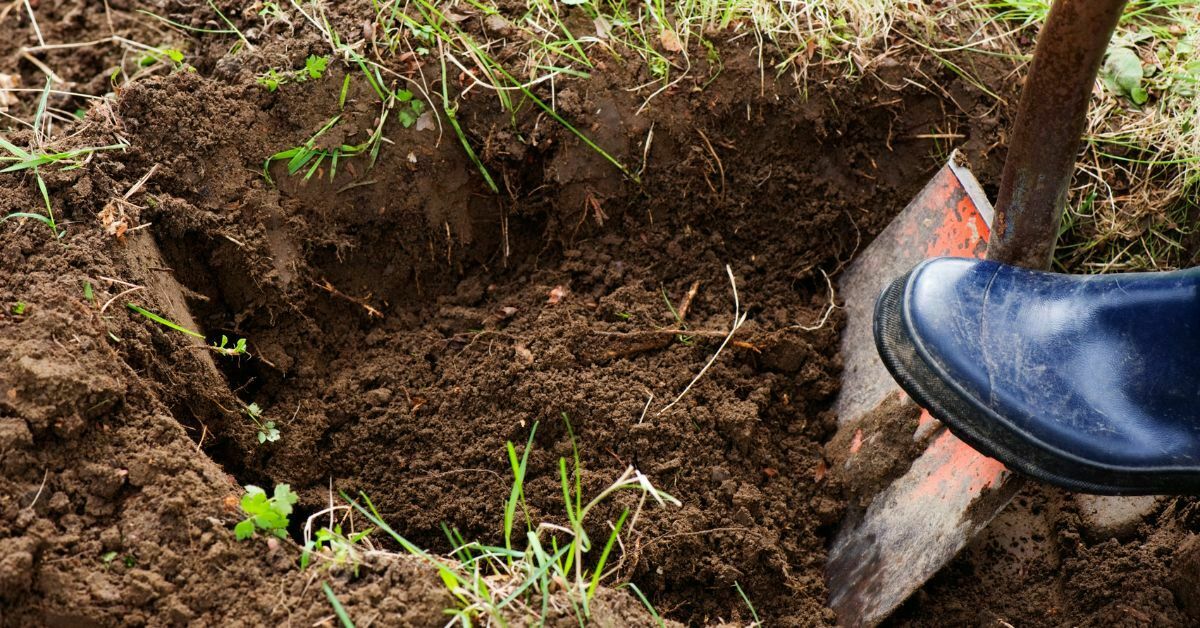
Gardening improves the fitness level through pushing, pulling, digging, and lifting while working all the muscles in the body. Functional exercise, such as gardening, helps to build the body accustomed to performing real-life functions in real-life situations.
This exercise integrates all the muscles into working together instead of isolating them to function independently. The body becomes toned and lean with added strength and vitality. This type of exercise also increases the tenacity of the muscles in the back, arms, and shoulders and resonates its results throughout the entire body.
2. Flexibility and Balance

The stature becomes more balanced and the posture more erect when regularly engaging in gardening and functional exercise. Over time, the body begins to crave continuous movement, and gardening becomes a part of daily routine leading to more flexible skeletal and muscular development and improvement.
Gardening is relaxing and especially beneficial for older adults as it provides enough moderate physical activity to keep them healthy without any strenuous movements. Water and flower gardening are recommended for the elderly as the hobby requires only mild mobility.
3. Sharpening the Senses

After a workout, our senses sharpen. Because gardening is a sort of exercise that demands constant movement, the senses of smell, touch, and taste are all aroused to a greater extent. Our senses deteriorate as we become older.
Gardening may slow down the process and bring the senses to a different level of awareness. Furthermore, extended exposure to fresh air and natural scents sharpens the senses.
4. Stress Reducer

Gardening requires conscious mental attention. You take a moment to forget about your concerns and focus on the sounds of birds chirping, trees rustling, and a flowing brook. You put your worries aside and begin to unwind.
Nature’s noises assist us in disconnecting from daily tensions and contemplating the present moment. Additionally, sunshine causes the release of serotonin, a neurotransmitter that keeps our brains balanced and encourages happiness.
5. Becoming Creative

Gardening is often referred to as a form of art. When tending to the plants and flowers, we connect with earth and nature, and our creative juices begin to flow, powered by our mind and spirit. We leave the technology behind and concentrate on melting the stress away. A garden is like a blank canvas that can be filled with all kinds of wonderful pictures and added to over time.
6. Healthy Heart

Because gardening is an outdoor activity, it means you will enjoy the sunlight and fresh air. You will also be occupied physically, strengthening your body and becoming more fit. This type of activity benefits the heart and builds stamina and endurance.
As your heart becomes stronger and healthier, the risk of a stroke or a heart attack is significantly reduced. Your cardiovascular health is improved, and your longevity is prolonged.
7. Sexual Performance

Along with improved health status, sexual stamina is also positively affected. The benefits are especially noticeable when partners garden together and both enjoy the activity as a team. The sense of relaxation and contentment brings partners closer to each other and triggers more romantic endeavors.
8. Family Benefits

Gardening is a fun pastime that everyone in the family can participate in. Special tasks or those of a bigger size might be completed with the involvement of the entire family. It’s a guaranteed method to involve each member of the family for an enticing and pleasant day outside when combined with a quiet meal by the fire.
9. Mental Health

For many people, gardening is a solitary experience often combined with meditation and focus on relaxation. Connecting with Mother Nature is frequently favored by people who live busy lives and find their solace in their garden.
For them, it is a way of disconnecting themselves from their jobs and responsibilities and focusing on their thoughts and feelings. They can retreat to their garden for relief and decompress themselves from daily tensions, pressures, and burdens others impose on them.
10. Bank Account

There is nothing more stressful than worrying about finances. People who choose to participate in vegetable gardening can use the fruits of their labor to prepare healthy meals and save money simultaneously. That factor alone significantly contributes to a sense of satisfaction and accomplishment. Knowing that gardening helps save money is a significant stress reliever and influences our outlook on life.
Types of Gardening
As each gardening experience is unique, there are many different types of interacting with nature in this form. The most common choices of plant cultivation include the following:
1. Herb Gardening

Many people choose herb gardening as an outlet and a source of natural stress relief. Culinary arts lovers grow their herbs to use them for cooking. Both hobbies contribute to a healthy lifestyle and improved dietary habits. Herb gardening also provides medicinal advantages as many herbs can be used as natural home remedies for various ailments.
2. Rose Gardening
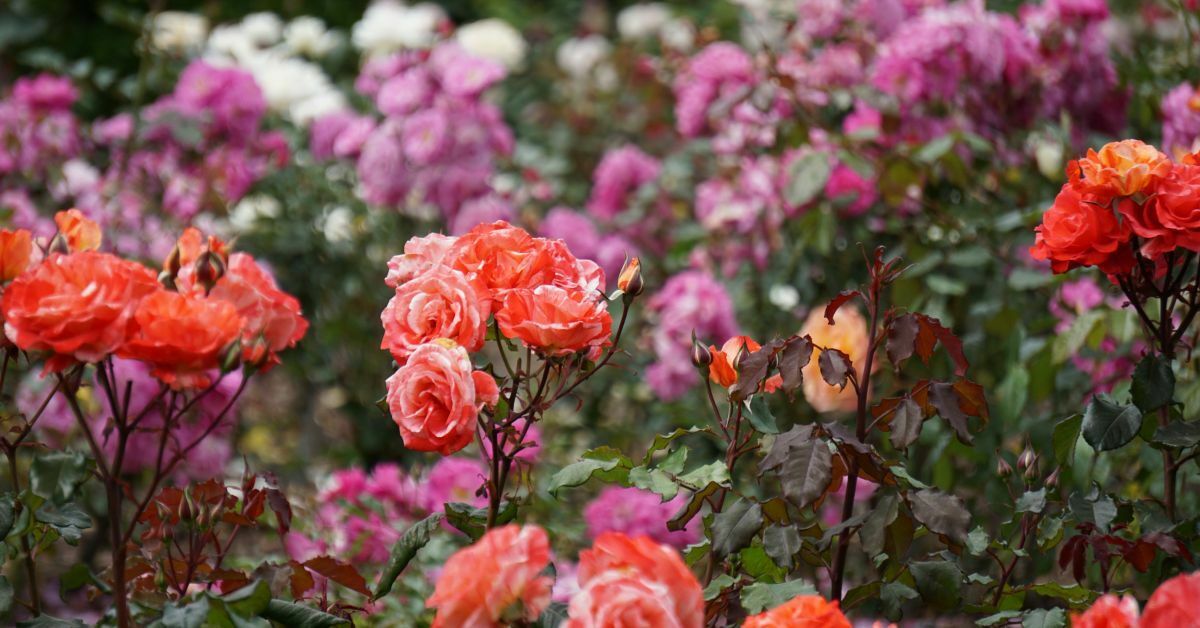
Rose gardening is often chosen by people who prefer a specific type of horticultural activity. Roses are grown for their beauty and fragrance. Because they are hard to grow, avid gardeners choose the challenge and reach a great sense of victory when they see superb results.
3. Water Gardening
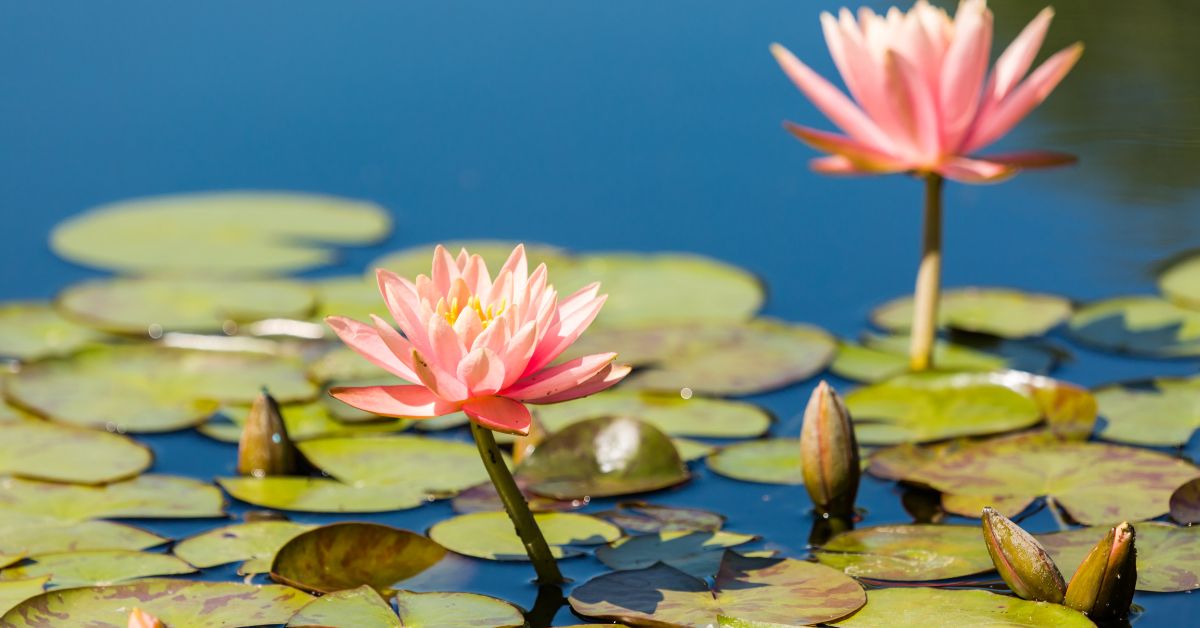
The sound and sight of water draw experienced gardeners to create aquatic wonders in their yards. Natural ponds and water spots are no longer required. Man-made water gardens can be accomplished with the help of concrete, plastic, or anything else that will hold water.
Elaborate combinations of rock and lighting can produce beautiful results in the form of small fountains, pools, and waterfalls. It is an ecosystem of its own and can be home to many plants, fish, and aquatic creatures.
4. Cactus Gardening (Xeriscape Gardening)
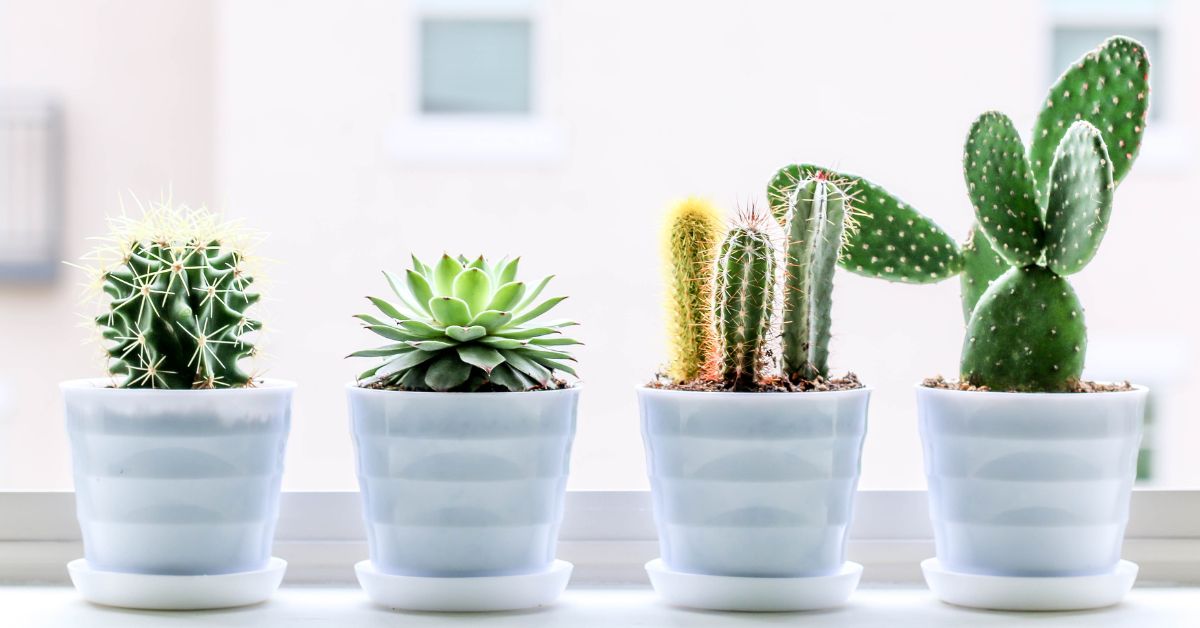
This type of gardening is promoted in regions with scarce water supplies and those where water conservation is of concern. Terms typically used are drought-tolerant landscaping or smart landscaping. The plants usually planted are cacti and succulents.
Xeriscaping is appropriate for people with limited mobility as it requires minimal care aside from occasional weeding and mulching. However, the results can be impressive if creativity is used in the process.
5. Topiary Gardening

Topiary gardening is a sort of actual art that needs creativity and talent and is frequently chosen by those with a creative flair. Training shrubs and plants to grow into beautiful forms is a horticulture activity. It’s sometimes referred to as “living sculptural art,” and it takes a lot of time and attention to detail. This type of artistic expression can produce elaborate consequences.
6. Container Gardening
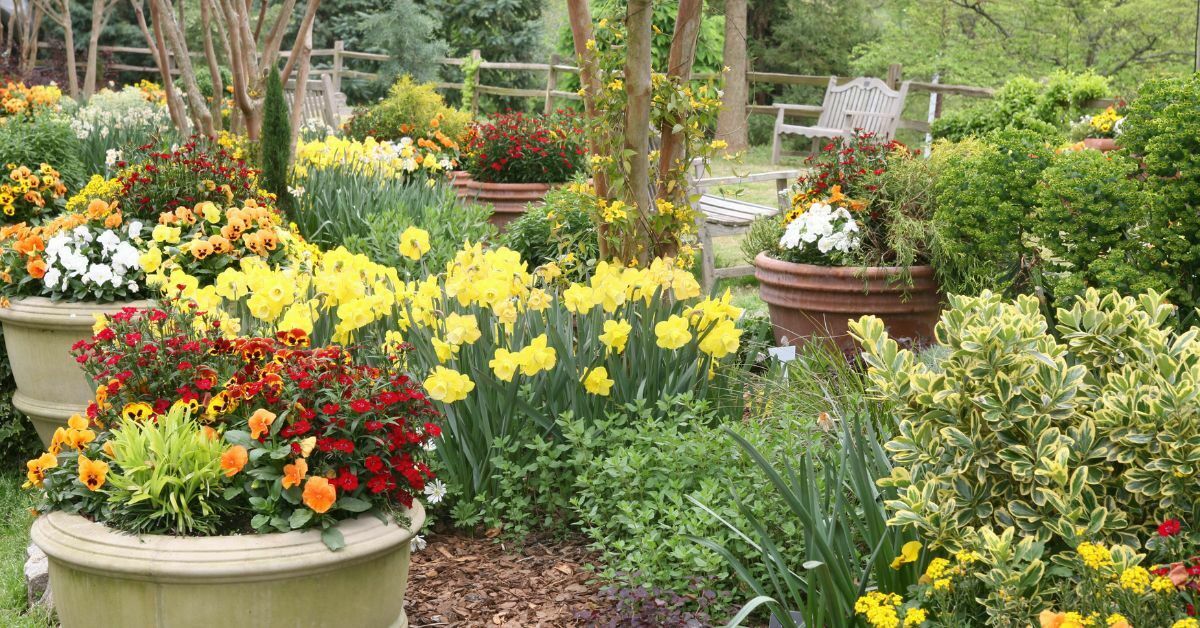
This style of gardening is suitable for urban areas where planting in the ground may not be possible. Many people successfully practice container gardening on their terraces and patios, bringing nature back to the city and creating an oasis they can escape to in their own homes.
7. Flower Gardening
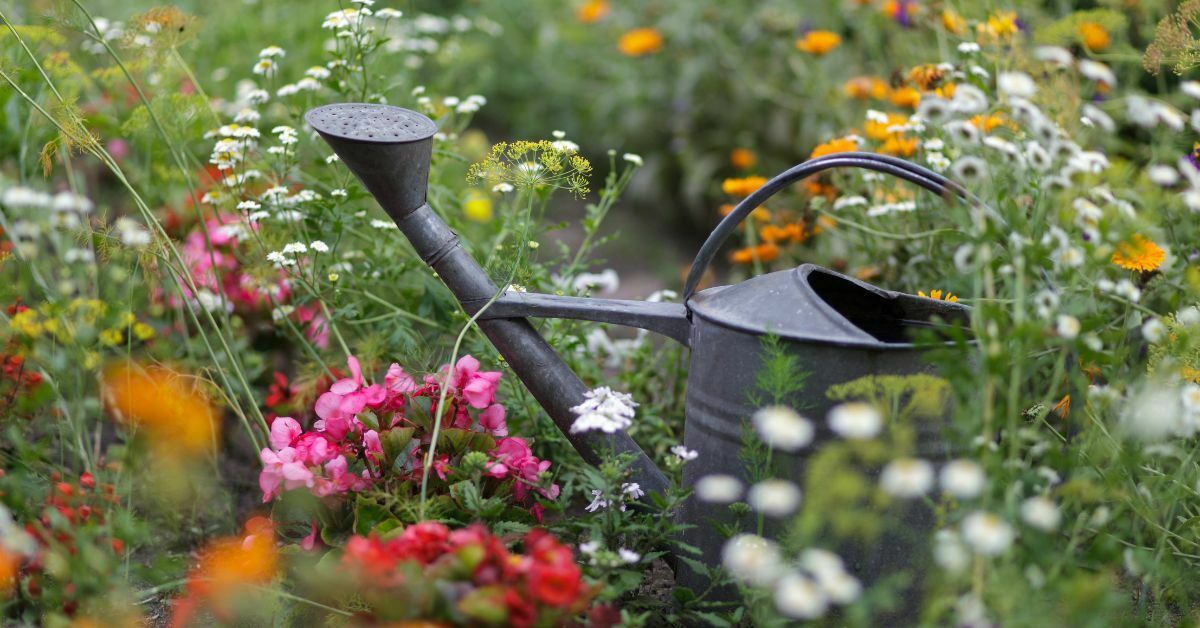
This sort of gardening is frequently cultivated for aromatherapy, in addition to enjoying the beauty of the blooms and their aesthetic worth. Lavender, for example, is believed to help people relax and feel less anxious.
Flower planting is usually done for aesthetic reasons. Still, it may be coupled with other types of gardens, such as flower and herb gardens, to create stunning visual effects and functionality.
8. Vegetable Gardening
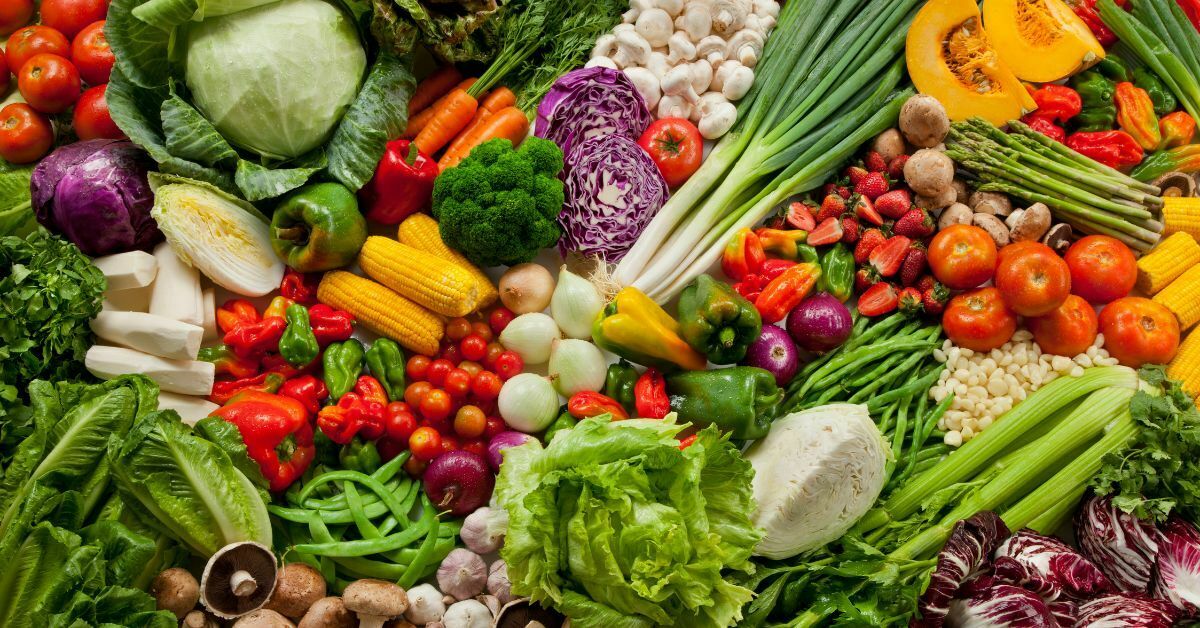
Numerous people love organic vegetable gardening as it supplies the source of healthy food and provides a great sense of accomplishment when harvesting.
Vegetable gardening is popular among families because it ties them to the natural cycles of development and rejuvenation. It also decreases the impact of carrying and storing food on the environment. It benefits the family’s well-being and produces memories that will last a lifetime.
Conclusion
Gardening has long been associated with good health and healing. Its advantages have been recognized for decades, but in recent years, the concept has been developed into many other forms. Experts have even advised it as a kind of therapy for patients suffering from anxiety, depression, or excessive stress disorders.
Many people actively participate in community gardening, helping beautify their neighborhoods and making new friends simultaneously. Urban gardening programs are offered for at-risk teens, nursing homes, and homeless shelters.
Besides the benefits outlined above, gardening brings the entire community together for a good cause creating a sense of belonging and acceptance regardless of age or race. Harvested fruits and vegetables are distributed among all participants, and flower gardens enhance the town’s aesthetics for everyone to enjoy.
